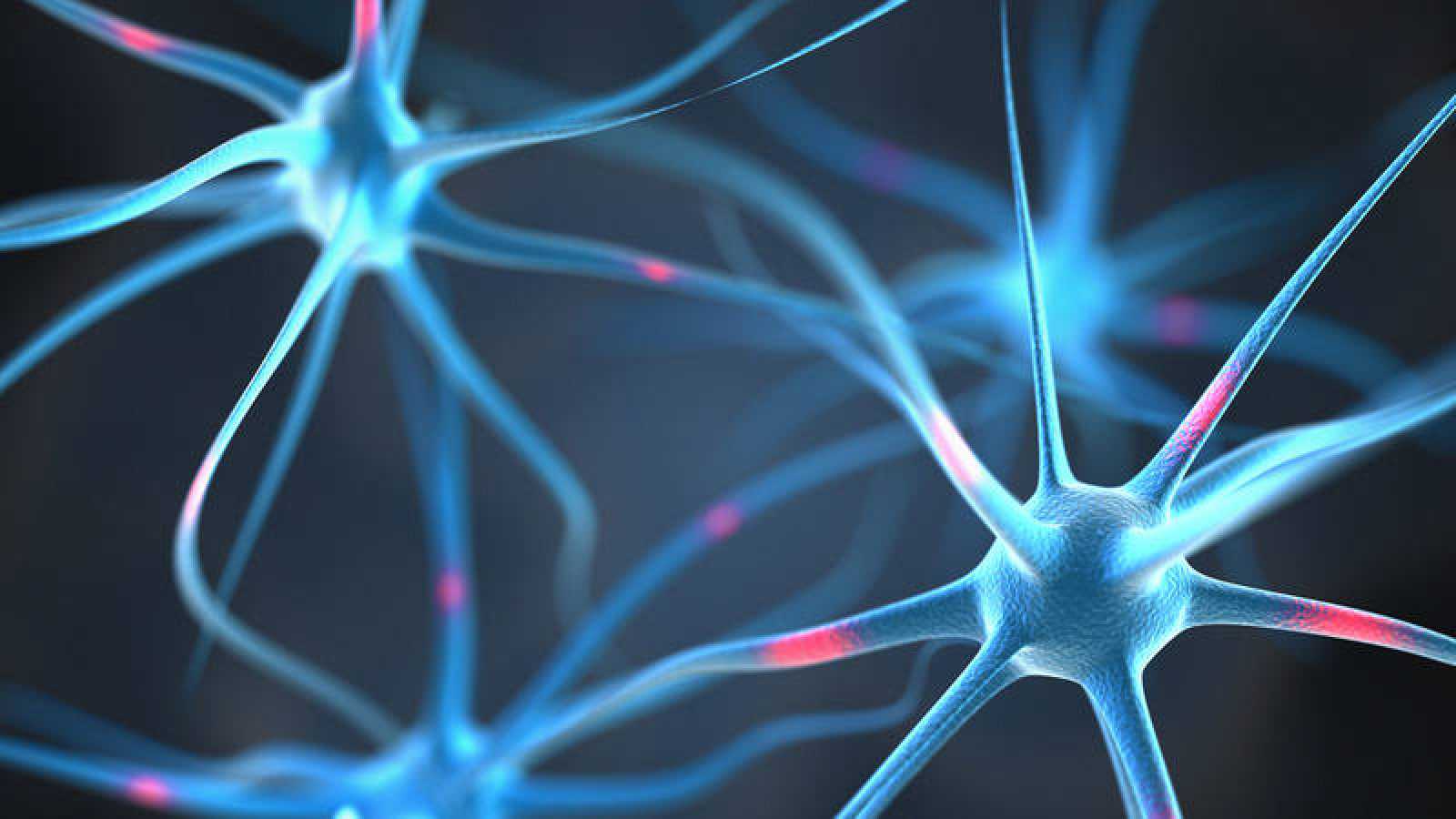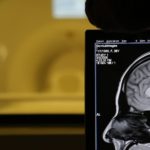In recent studies, researchers brought forth new evidence implicating tau protein as possibly a greater indicator for Alzheimer’s disease than beta-amyloid, pursuing new avenues for a potential future treatment combating the condition.
In new research, appearing in Science Translational Medicine, a team of researchers turned their focus to a noradrenergic link and drastically reduced symptoms associated with the neurodegenerative disease using an experimental drug previously tested on rodents.
The team investigated the alpha-2A adrenergic receptor and identified how amyloid-beta oligomers bind to a separate site on this receptor, and a second site, referred to as allosteric binding. In patients with Alzheimer’s, alpha-2A adrenergic receptor from the postmortem prefrontal cortexes initiated a drastic increase in receptor activity in contrast to non-demented participants.
In the study, researchers examined an experimental drug previously tested for anti-depressant properties called idazoxan, in which its pharmacological action hypothetically involves binding to and inhibiting the activation of adrenergic alpha-2 receptors.
In theory, idazoxan inhibition of alpha-2A adrenergic receptor in the presence of amyloid-beta pathology would demonstrate therapeutic effects after a few weeks of treatment.
As alluded, after eight weeks of treatment with idazoxan, researchers noticed a reduction in progression of amyloid-beta pathology, a reversal of hyperactivation of GSK3-beta in the brains of the rodents, a reduction in neuroinflammation, and improved scores on two exams measuring cognitive function.
“Our study provides translational insights into mechanisms underlying amyloid-beta protein toxicity, which may have strong implications for future drug design,” said Qin Wang, co-author of the study.
“It identifies an amyloid-beta/G protein-coupled receptor interaction that represents an attractive, disease-specific therapeutic target for Alzheimer’s disease.”
“These data collectively demonstrate that blocking norepinephrine signaling through the alpha-2A adrenergic receptor is an effective strategy to ameliorate pathological and cognitive deficits associated with amyloid-beta,” Wang added.
“The alpha-2A adrenergic receptor blockers such as idazoxan have been developed for use in other disorders, and repurposing these drugs could be a potentially effective, readily available strategy for Alzheimer’s disease treatment.”


